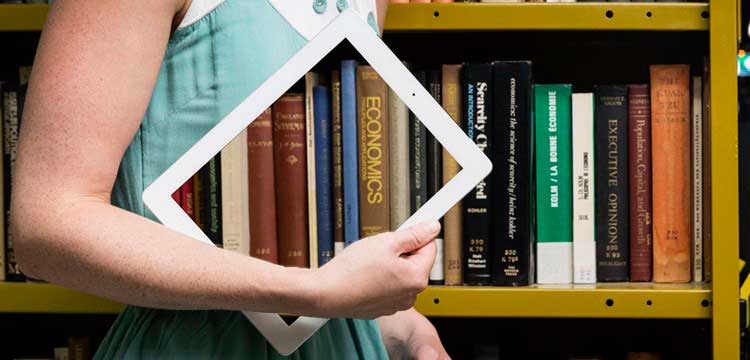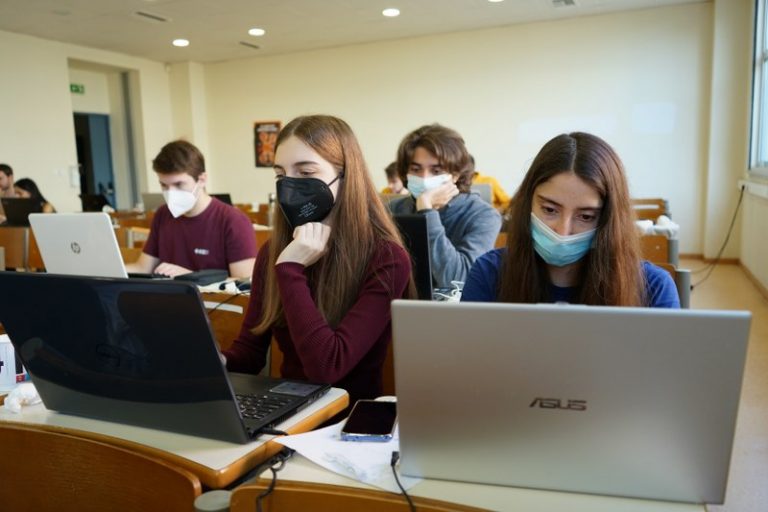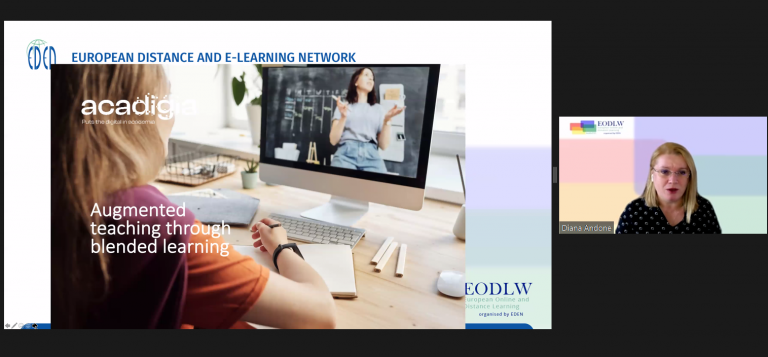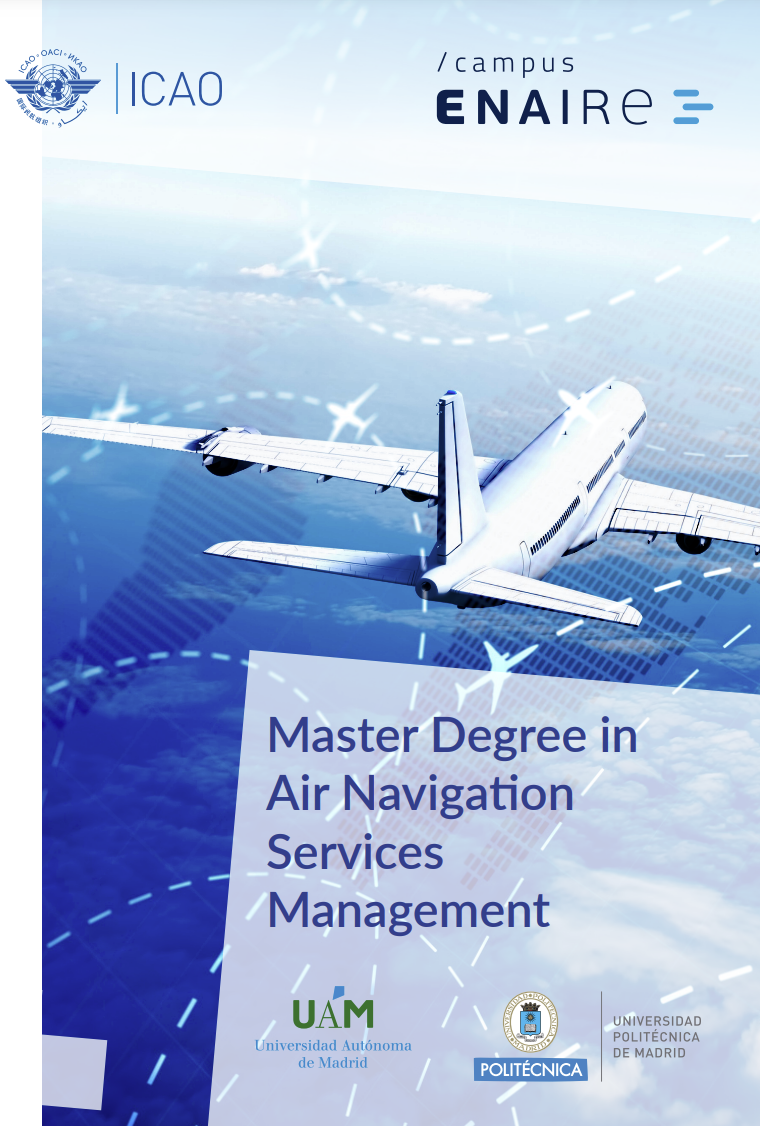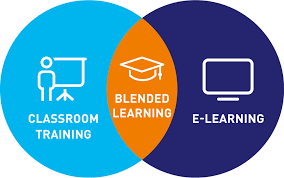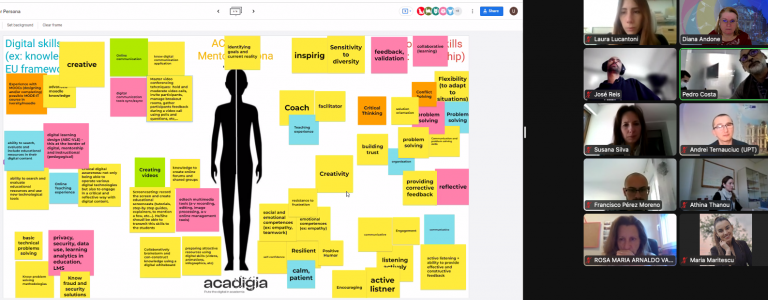The Kallipos project (https://www.kallipos.gr/en/) regards the first comprehensive effort to introduce electronic interactive, multimedia textbooks in Higher Education in Greece. It targets at the organized creation, storage, distribution and long-term preservation of open-access textbooks and learning objects for the Academic and Research Community.
Kallipos aims to produce more than 1.500 open, high-quality textbooks within the upcoming years for undergraduate and postgraduate courses while covering as many different fields of education as possible and avoid duplications [1]. The supported subject/thematic areas are Mathematics and Computer Science, Natural Sciences and Agricultural Sciences, Engineering and Technology, Medicine and Health Sciences, Life Sciences, Biological Sciences, Law and Social Sciences, Humanities and Arts. The books, handbooks and learning objects, hosted by Kallipos repository (https://repository.kallipos.gr/?&locale=en) were either produced within the framework of the “Hellenic Academic Electronic (Text)books” and “Open Academic Textbooks – Kallipos+” projects or submitted during a set of open calls for Open Access scientific content.
The workflow of the Kallipos project is deployed in three phases:
- the Proposal submission and evaluation phase, during which authoring Proposals are submitted by candidate authors within Open Calls and evaluated by the Scientific Committee of the Project;
- the book authoring phase, where the main work is carried out by the authoring teams;
- The editing and publishing of the material by language and technical editors and library experts.
To develop an e-book for Kallipos, templates are made available to authors in Microsoft Word and Latex, while the usage of figures, tables and multimedia material is strongly suggested. A third publishing method, through using the xml-based docbook format, is under pilot use and trial by the Project. The full body of the textbook as well as each chapter separately are made available through open licenses (Creative Commons, more specifically), both in pdf and e-pub format. Further enrichment of the repository has taken place through the project with hundreds of learning objects in the form of chapters, infographics, videos, images etc., available to the academic staff for teaching purposes and for addressing the diverse learning needs of the students [1].
To guarantee high quality of the produced e-books, an assessment committee is responsible to evaluate the intermediate and the final version of each e-book. Editing and graphics development support is eligible for the production of an e-book and a helpdesk is also available, supporting the management of requests through the osTicket software tool.
[1] Koutsileou, S., Kouis, D., & Mitrou, N. (2018). “Kallipos”, the first open academic textbooks initiative during the years of crisis in Greece and its sustainable continuation. Open Education Global Conference, Delft, Netherlands. https://repository.tudelft.nl/islandora/object/uuid%3Abb8a818b-14d3-4903-9c93-c17264140400


